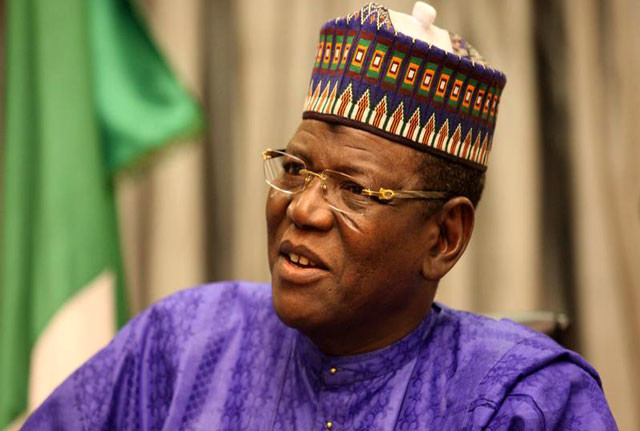A Federal High Court, sitting in Lagos, has dismissed a suit challenging the Lagos State government’s restriction of commercial motorcycles (Okada) and tricycles (Keke NAPEP) from some areas.
Trial judge, Akintayo Aluko, held that the applicant, a Lagos lawyer identified as Julius Ajibulu, failed in the attempt to challenge the reverse of the order.
Recall that on Monday, January 27, 2020, the Lagos State government restricted the movement and operations of commercial motorcycles (Okada) and tricycles (Keke NAPEP), proscribing in six Local Government Areas (LGAs), nine Local Council Development Areas (LCDAs) and 10 major highways across the state with effect from February 1, 2020.
Also, it was learnt that the Lagos State government banned Okada and tricycles from plying 40 bridges and flyovers across the state, and directed security operatives to embark on a total enforcement of the State’s Transport Sector Reform Law of 2018 to immediately address the chaos and disorderliness created by illegal operations of okada and tricycle riders in restricted areas.
Aluko held that the applicant also failed to establish that the Lagos State government has no power to ban the operation of tricycles and motorcycles in respect of the designated roads in the state.
Ajibulu had sued the governor of Lagos State, Attorney General of Lagos State, Commissioner for Transportation, and Speaker, Lagos State House of Assembly, as 1st to fourth defendants, respectively, over the restriction of Okada and tricycles from some roads in the state, by the state government.
READ ALSO: ‘Okadas Being Used For Crime’: Lagos Crushes Over 400 Motorcycles
The applicant contended that sections 15, 16, 19, 46 and 68 of the Lagos State Transport Sector Reform Law 2018, violated sections 1,4,5, items 11 and 63 of the exclusive legislative list in part 1, second schedule to the constitution.
He argued that it also offended section 10(3)(t) of the Federal Road Safety Commission (Establishment) Act, section 92 of the Federal Road Safety Commission (Establishment) Act, and section 1 of the Federal Highways Act/Subsidiary Legislation Cap F13, LFN, 2004.
However, in his judgment, Aluko agreed with the defendants that Ajibulu’s case holds no weight.
“The plaintiff has referred the court to items 11 and 63 of part 1 in the exclusive legislative list which have to do with construction, alteration and maintenance of such roads as may be declared by the National Assembly to be Federal trunk roads and traffic on Federal trunks roads.
“The plaintiff has, however, failed to show to the court that all the over 40 roads and bridges listed in his reliefs are Federal trunk roads declared by the National Assembly as provided under items 11 and 63 in the Exclusive Legislative list under part 1 of the 2nd schedule to the Constitution.
“The plaintiff failed to establish before the court that the provisions of sections 15, 16, 19, 46 and 68 of the Lagos State Transport Sector Reform Law 2018 were made to apply to the operations of tricycles and motorcycles in respect of the over 40 roads mentioned in his reliefs.”




